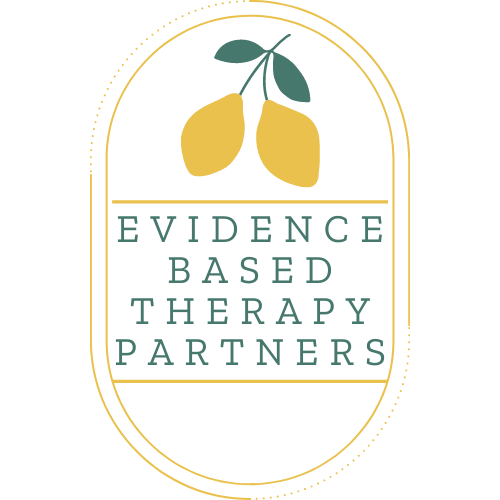
"Fear has two meanings: forget everything and run or face everything and rise. The choice is yours."
—Zig Ziglar
Specific Phobias
What are Phobias?
Specific phobias involve experiencing intense fear when exposed to particular situations or objects. The fear is so intense and aversive, that one avoids these particular objects or situations entirely, or only approaches them with extreme caution and a set of behaviors that will allow one to feel safe. Although someone with specific phobia may recognize that their fear and anxiety is out of proportion to the actual threat of the situation or object, this does not lessen their avoidance or distress when confronted with the feared objects or situations.
How Phobias Work:
Persistent avoidance of the feared situations or objects that maintains the phobias, because the person does not get contrary information to what their fear thoughts are saying. The avoidance, distress, or anxious anticipation associated with the specific phobias affects a person’s life and may interfere with a person’s normal routine, functioning, or relationships. While some individuals may have one specific phobia, others may have multiple phobias across these different categories.
For example, if someone has a job that requires travel but has a fear of flying, this will cause a major strain on that person’s life. If someone has such an intense fear of dogs that they avoid walking outside, their life can easily become significantly impacted by their phobia.
Most Common Types of Phobias Are:
-
Animal Type
e.g. dogs, snakes, or spiders
-
Natural Environment Type
e.g. heights, storms, water
-
Blood-Injection-Injury Type
e.g. fear of seeing blood, receiving a blood test or shot, watching television shows that display medical procedures
How are Phobias Treated?
The evidence-based treatment for specific phobias is exposure-based therapy.
Through this therapy, the individual is systematically exposed to the feared situations or objects.
In this way, the individual learns that their fears will reduce on their own without having to avoid what they fear, and that the feared outcome rarely comes true and is not as catastrophic as they might believe, even if it does (i.e. getting stuck in an elevator).
For more information regarding specific phobias and exposure therapy , visit the information pages from Society of Clinical Psychology or the Mayo Clinic .
If you believe you may benefit from exposure therapy, please don’t hesitate to reach out and make an appointment.
“He who has overcome his fears will truly be free.”
—Aristotle

